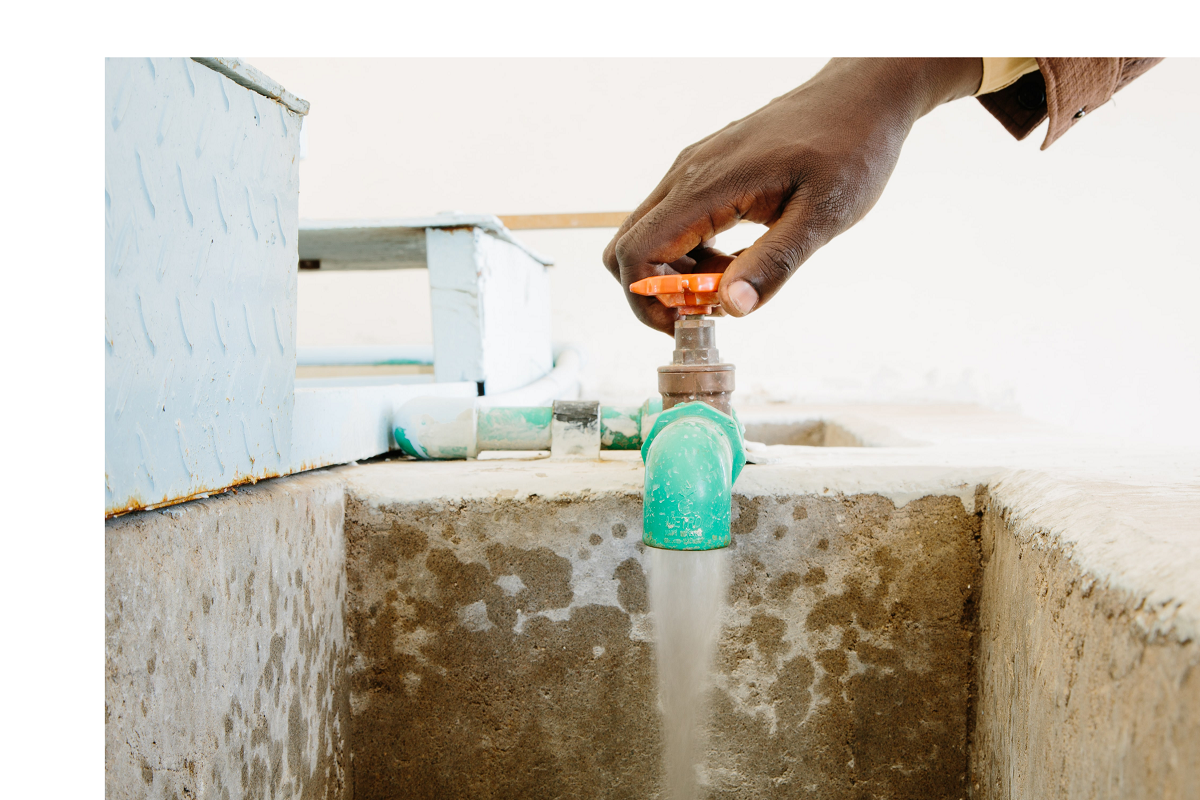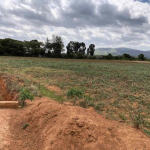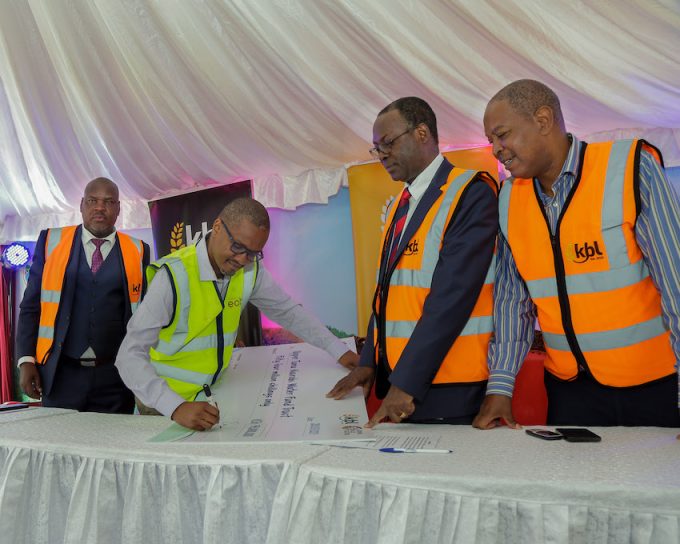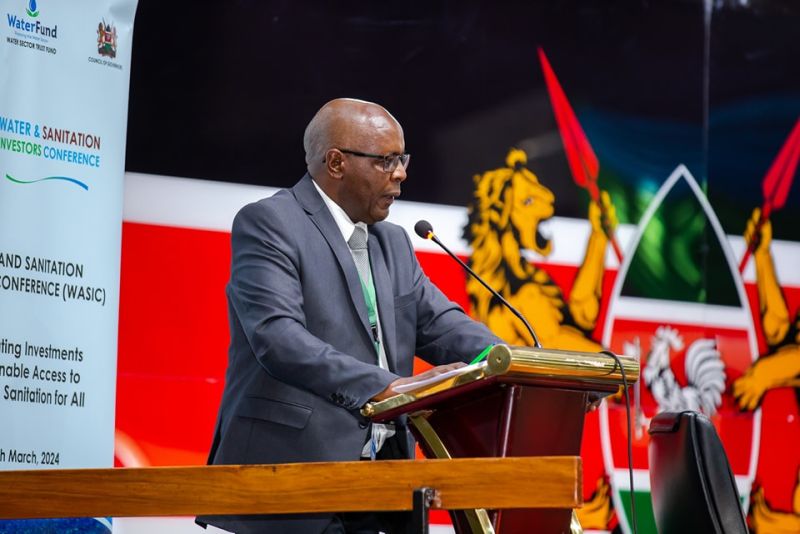The cost of water, the most precious commodity in human life, is set to go up at a time when household expenses are going through the roof. This portends a tougher life for Nairobi City residents who are already reeling under the increased cost of transport and commodity basket. It has emerged that homes and businesses in Nairobi are set to pay 40% more for water in a fresh tariff review presented to the regulator.
See >> Kenyans With D+ In KCSE To Be Given Business Loans
The Water Services Regulatory Board (WASREB) revealed on Friday that Nairobi City Water and Sewerage Company (NCWSC) had sought higher tariff review to recover costs, pay loans and upgrade infrastructure. WASREB has given the more than five million residents of the capital a month to submit their views on the proposed higher consumer tariffs.
The NCWSC, a subsidiary of Nairobi County, has sought the regulator’s approval to increase water tariffs by between 20.44% and 39.57% depending on monthly consumption levels. “NCWSC proposes an upward tariff review to enable the utility water to operate at full cost recovery and meet conditions necessary for improving service delivery,” said Mr Peter Nyagah, the director for licensing, standards and advocacy at WASREB, said on Friday in a Kenya Gazette notice.
This will inflict more pain on an already soar household budget, driving up by surging food prices. Inflation surged to a 58-month high of 7.9% in June from 7.1% in May, way above the government’s preferred target range of 2.5-7.5 percent.
Nairobi residents consume an average of 15 cubic metres of water per month or 15,000 litres will pay Ksh1,685 up from the current Ksh1,241 under the new tariffs. This amount is inclusive of sewerage charges – which are 75% of the amount charged on water units consumed – and Ksh50 as meter rent.
High-end homes that gobble up 55,000 litres monthly to support facilities like swimming pools and watering lawns will pay Ksh6,922 from Ksh4, 952, reflecting a rise of Sh39.57%, according to estimations by Business Daily.
Water tariffs were last revised more than five years ago. The charge cover costs of operation and maintenance. Water tariff reviews are usually done every three years.
See Also >> High Speed Internet From Kenya Power – The Inside Details
Under the proposed tariff guidelines, each service provider is expected to recover its full cost of providing services in the medium- to long-term and leave a surplus to allow them improve infrastructure.
The utility is proposing to double the consumption blocks for billing to six and remove the flat monthly rate of Ksh204 for homes that use less than six cubic metres or 6,000-litre units of water.
Homes consuming between 7,000 litres and 60,000 litres monthly will pay Ksh67 for every a thousand litres from the current Ksh53. Schools using up to 600,000 litres monthly will part with Ksh50 from the current Ksh48 for every a thousand litres.
Nairobi Water has defended the proposed tariffs increase, arguing it will help offset nearly Ksh10.38 billion average annual operation costs.
Next >> Legal Procedure For Buying Land In Kenya


![Unlike its existing loan offerings, Faraja will only be available on Till Number and Paybill - mobile payment options under Lipa na M-Pesa. [Photo/ Digi Merchant]](https://businesstoday.co.ke/wp-content/uploads/2022/07/images-2022-07-12T103547.611-150x150.jpeg)










Leave a comment